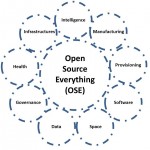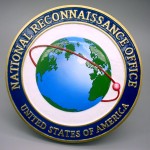
The blockchain is a cryptographically secured register. A long, long time ago we used to hook a line printer to important systems and they'd print a subset of their logging to it. An intruder taking over a box could erase the contents of /var/log, but that printout was immutable. The blockchain provides something similar, but it's globally distributed, so *everyone* with access can write on it in an immutable fashion.
EXTRACT: Today an Argentinian freelancer who uses their banking system has to wait five days for an international transfer, lose 30% of his income to predatory fee structures, and run the very real risk that one of the parties involved in the clearing will simply misplace their money entirely. A Bitcoin based competitor can do this transaction at 1% of the cost in 0.1% of the time, make a profit while doing so, and there is nothing the government can do to stop it.







